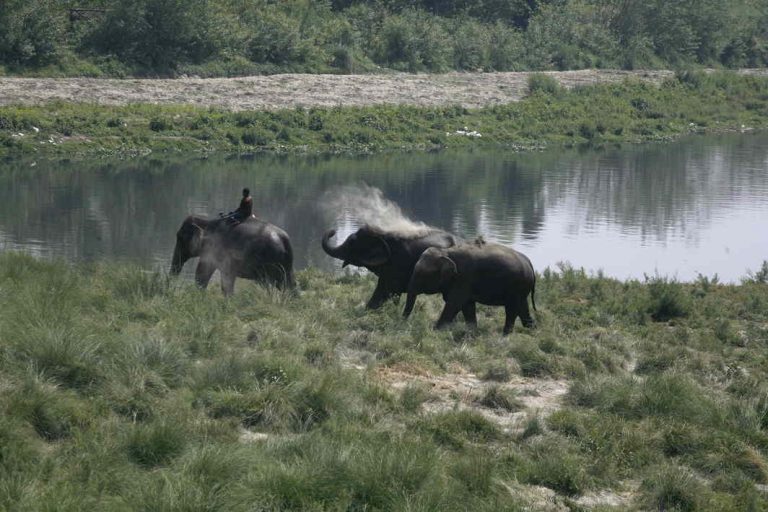
Above: The Yamuna wetlands. Photo: Anil Shakya
The scope of a PIL filed before the Supreme Court seeking protection of wetlands had already been widened by the apex court in 2009-2010 to include all the water bodies of the country. Now this has gained more teeth with the Centre’s September 26 notification of a new set of rules—the Wetlands (Conservation and Management) Rules, 2017—that replaced the Wetlands (Conservation and Management) Rules, 2010.
The court had already directed that a panel be formed to study and give solutions, to which the petitioner (M K Balakrishnan) had stated that Rs 87 crore had been spent on this. This is a huge amount.
However, the Centre’s deposition before the bench of Justices Madan B Lokur, S Abdul Nazeer and Deepak Gupta at the last hearing was less than impressive, with the Union government’s report stating that it had identified only 117 wetlands. The number was contested by the petitioner and even the bench had commented that “this figure of 117 wetland is ridiculous, please take a holistic view and file an affidavit.”
The Centre’s plea that this case be transferred to the NGT was also not entertained, the case having been in the apex court for 16 years.
On Wednesday (October 4), the petitioner’s counsel Gopal Shankar warned that projects are coming that will eat up the wetlands.
The court said: “Regarding 2 lakh wetlands, the petitioner may file his objection within two weeks on the new rule for wetlands.”
The court was also for a proper audit of the expenses for the report, especially regarding West Bengal, Orissa and Madhya Pradesh.
The court sits on this again after two weeks.
Encroachment of wetlands banned, as per new rule
Meanwhile as per the Centre’s new rules, encroachments on wetlands have been banned. The rules also prohibit solid waste dumping, discharge of untreated waste and effluents from industries, cities, towns, villages, and other human settlements into wetlands.
The draft was updated and amended a number of times yielding the current format which has seemingly satisfied environmentalists, who say that more needs to be done, however.
Initially the draft had intended to shift the responsibility to the states and 14 objections were put up, with suggestions “for correcting the anomalies”. Ten of them had been accepted.
—India Legal Bureau

